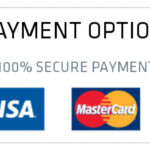
Your Money, Your Dream Safari: Safe Payment practices
September 3, 2025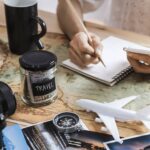
What Happens If You Need to Cancel Your Safari?
September 4, 2025Traveling solo on safari is one of the most rewarding experiences you can have. Whether you’re trekking gorillas in Uganda, exploring the vast plains of the Serengeti in Tanzania, or enjoying a game drive in Kenya’s Maasai Mara, you’ll find freedom, adventure, and unforgettable memories. But solo travelers can sometimes attract scammers people who see them as easy targets.
At Traford Safaris, we want every journey to be safe, seamless, and scam free. Here are some of the most common tricks used against solo travelers, and how to avoid them.
1. Relationship and Friendship Scams
In places like Kampala, Kigali, or Nairobi, some individuals target tourists with offers of friendship or even romance. They may:
-
Be unusually friendly or overly complimentary.
-
Suggest a “special bond” or relationship.
-
Later invent emergencies (sick relatives, hospital bills, lost transport money) and ask for financial help.
⚠️ Traford Tip: If someone you’ve just met either online before your trip or during your safari quickly asks for money or gifts, it’s likely a scam.
2. The “Helpful Local” Trap
Across East Africa, solo travelers are often approached by “helpful locals” claiming they can get:
-
Gorilla permits in Bwindi or Volcanoes National Park at a discount.
-
Cheap lodges at Lake Kivu or Amboseli.
-
Private transport at “local rates.”
In most cases, these bookings don’t exist or the person disappears with your money.
👉 Safe with Traford: We secure all permits, lodges, and transfers directly with national parks and trusted partners in Uganda, Rwanda, Kenya, and Tanzania.
3. Emotional Manipulation
Some scammers rely on sympathy, especially when targeting solo travelers. You might hear:
-
“My child can’t go to school without help.”
-
“I need money to get home to my village.”
-
“My mother is sick and I can’t afford medicine.”
While it’s natural to feel compassion, many of these stories are staged for tourists.
4. Social Media and Online Impersonators
Before or after your safari, you might be contacted by someone pretending to be from a tour company. These impersonators often:
-
Use stolen photos of vehicles, wildlife, or guides.
-
Promise unbelievable discounts to the Ngorongoro Crater or Queen Elizabeth National Park.
-
Request payment through personal mobile numbers or accounts.
✅ Book with Confidence: Traford Safaris only accepts payments via our official company bank account, provides clear invoices, and is registered with local tourism boards.
5. Safety Tips for Solo Safari Travelers
-
Book with a Licensed Operator: Traford Safaris is registered and works with national parks and lodges across East Africa.
-
Stay Smart with Money: Keep small amounts for daily use, store the rest securely, and avoid giving cash to strangers.
-
Be Careful with “Instant Friends”: Take time before trusting anyone you’ve just met.
-
Verify Everything: Always confirm bookings, transport, and permits through official channels.
-
Trust Your Gut: If an offer feels rushed, secretive, or too good to be true it usually is.
Final Thoughts
Safaris in East Africa whether it’s gorilla trekking in Uganda and Rwanda, or game drives in Kenya and Tanzania are meant to be filled with wonder, not worry. As a solo traveler, staying alert to scams helps you focus on the incredible experiences that brought you here.
At Traford Safaris, we make sure every part of your journey is safe, transparent, and unforgettable. From securing your permits to confirming your lodges, you’ll always know your adventure is in good hands.

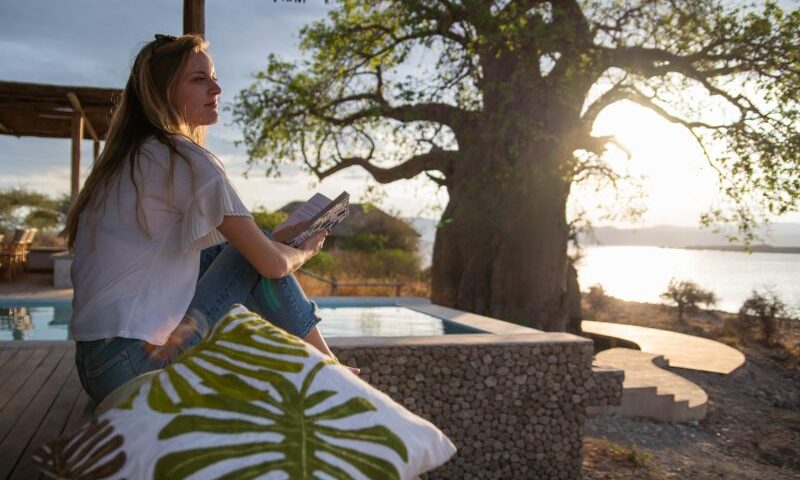
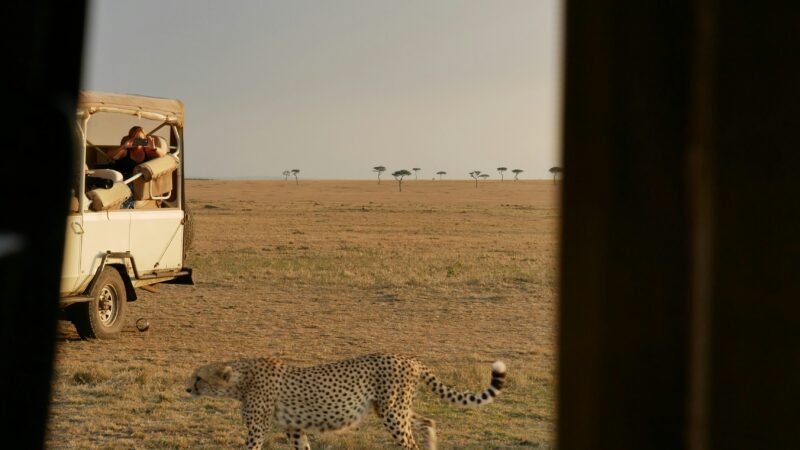
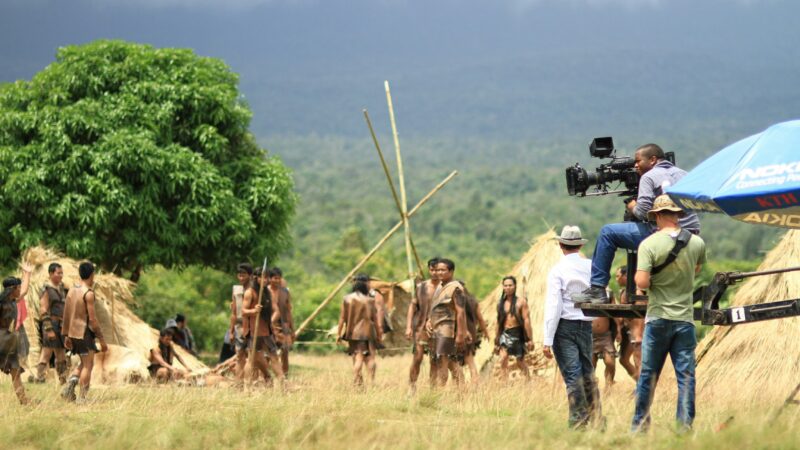
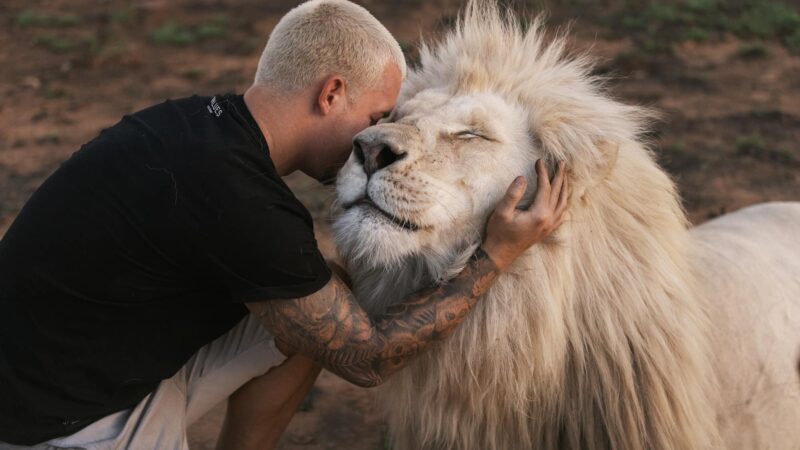
8 Comments
Fantastic site A lot of helpful info here Im sending it to some buddies ans additionally sharing in delicious And naturally thanks on your sweat
Your blog is a constant source of inspiration for me. Your passion for your subject matter is palpable, and it’s clear that you pour your heart and soul into every post. Keep up the incredible work!
What i do not realize is in fact how you are no longer actually much more wellfavored than you might be right now Youre very intelligent You recognize thus considerably in relation to this topic made me in my view believe it from numerous numerous angles Its like men and women are not fascinated until it is one thing to do with Lady gaga Your own stuffs excellent All the time handle it up
Excellent blog here Also your website loads up very fast What web host are you using Can I get your affiliate link to your host I wish my web site loaded up as quickly as yours lol
I do not even know how I ended up here but I thought this post was great I do not know who you are but certainly youre going to a famous blogger if you are not already Cheers
Your blog is a constant source of inspiration for me. Your passion for your subject matter shines through in every post, and it’s clear that you genuinely care about making a positive impact on your readers.
Your blog is a constant source of inspiration for me. Your passion for your subject matter is palpable, and it’s clear that you pour your heart and soul into every post. Keep up the incredible work!
Your writing is like a breath of fresh air in the often stale world of online content. Your unique perspective and engaging style set you apart from the crowd. Thank you for sharing your talents with us.